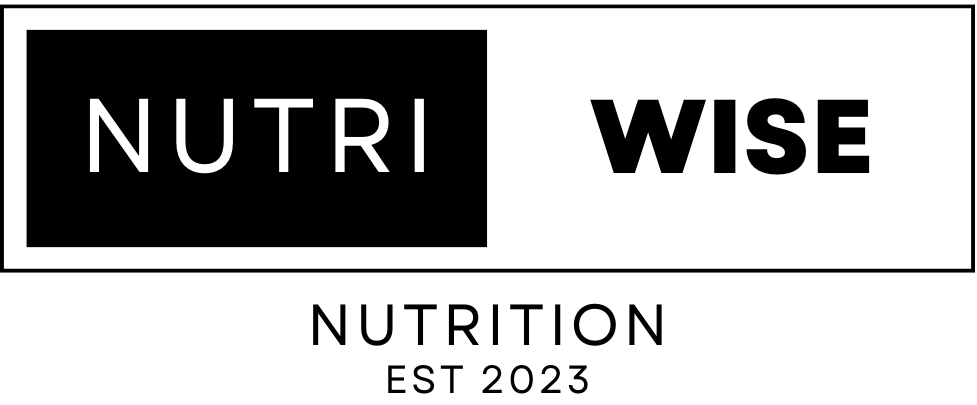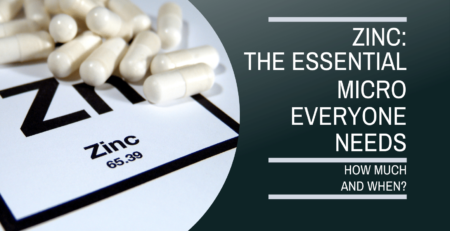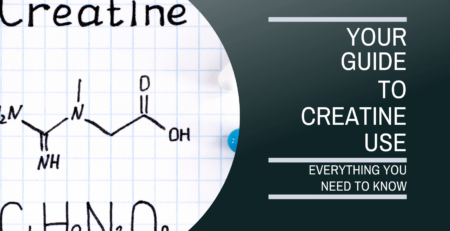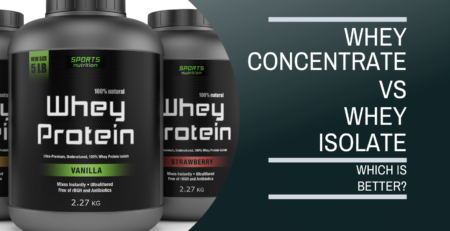Unlocking The Power Of Sialic Acid For Brain And Immune Health
Sialic Acid, also known as N-Acetylneuraminic Acid, is a molecule that plays a crucial role in human physiology. It is a component of human milk oligosaccharides and neural tissues and is involved in various biological processes, including brain development, immune system modulation, and cell signaling.
Sialic Acid has been found to have promising potential in fighting influenza and autoimmune diseases, making it a subject of interest for both researchers and the supplement industry.
Research into the effects of Sialic Acid on brain development has shown that it plays a crucial role in cognitive function and neural plasticity. It has been suggested that Sialic Acid supplementation could improve brain health and cognitive function, making it a potential treatment for neurological disorders such as Alzheimer’s disease.
Additionally, Sialic Acid has been found to have immunomodulatory effects, promoting the repair of nerve cells, epithelial cells, and immune cells. This suggests that Sialic Acid supplementation may improve overall immune system function and could be used to treat autoimmune diseases.
Through this article, we aim to explore the potential benefits of Sialic Acid for brain and immune health and its possible applications in supplement formulas.
What is Sialic Acid?
Sialic Acid, which is a nine-carbon sugar acid, is a natural compound found in many biological systems. It is a key component of human milk oligosaccharides and neural tissues, and during periods of rapid brain growth, it is considered a conditional nutrient.
Sialic Acid has been found to promote brain development and cognitive function, making it an important compound for overall health. Furthermore, it has been shown to improve immunity by promoting the developmental and functional repair of nerve cells, epithelial cells, and immune cells.
Despite the potential benefits of Sialic Acid, there have yet to be any definitive studies conducted on humans regarding dosage. However, studies conducted on piglets have provided a human equivalent dosage range of approximately 38mg per kg of body weight up to 227mg per kg of body weight.
Additionally, Sialic Acid has not yet been used in any supplement formulas. While products that help improve cognition, mental focus, and mood can be used if the cognitive enhancement properties of Sialic Acid are of interest, further research is needed to determine the optimal dosage and benefits of incorporating Sialic Acid in supplements.
Benefits for Brain Development
Studies have shown that the presence of Sialic Acid, a key component of human milk oligosaccharides and neural tissues, during periods of rapid brain growth can promote brain development and cognitive function. Sialic Acid is considered a conditional nutrient during these periods, as it is vital for the formation of neural connections and the growth of brain tissues.
It has been observed that Sialic Acid levels in breast milk decrease as the infant grows, indicating the importance of Sialic Acid during early brain development. Sialic Acid has been found to enhance cognitive function in preclinical studies. In animal models, Sialic Acid supplementation has been shown to improve memory and learning abilities.
Sialic Acid’s cognitive enhancement properties have yet to be fully explored in humans, but research in this area shows promise. Sialic Acid is not currently available as a nutritional supplement, but products that help improve cognitive function can be used if the cognitive enhancement properties of Sialic Acid are of interest.
Immune System Modulation
The modulation of the immune system through the action of siglecs and the influence on antibody-mediated clearance of pathogens is a potential application of Sialic Acid during periods of rapid brain growth. Siglecs are a family of immune receptors that recognize and bind to sialic acids on cell surfaces. Consequently, Sialic Acid can modulate the immune system by binding to siglecs and altering the inflammatory response.
The sialylation of antibodies and other immune molecules also plays a vital role in the clearance of pathogens. Sialylated antibodies have a higher affinity for antigens, which allows for their efficient clearance by immune cells.
Furthermore, Sialic Acid shows promise in fighting influenza by interfering with the cell surface attachment of the virus. Influenza viruses attach to sialic acid-containing receptors on the host cell surface, and Sialic Acid can compete with these receptors, thereby reducing the virus’s ability to infect host cells.
However, more research is needed to determine the optimal dosage and efficacy of Sialic Acid for immune modulation. Nevertheless, the potential benefits of Sialic Acid for immune system modulation and influenza prevention make it a promising nutrient for further investigation.











